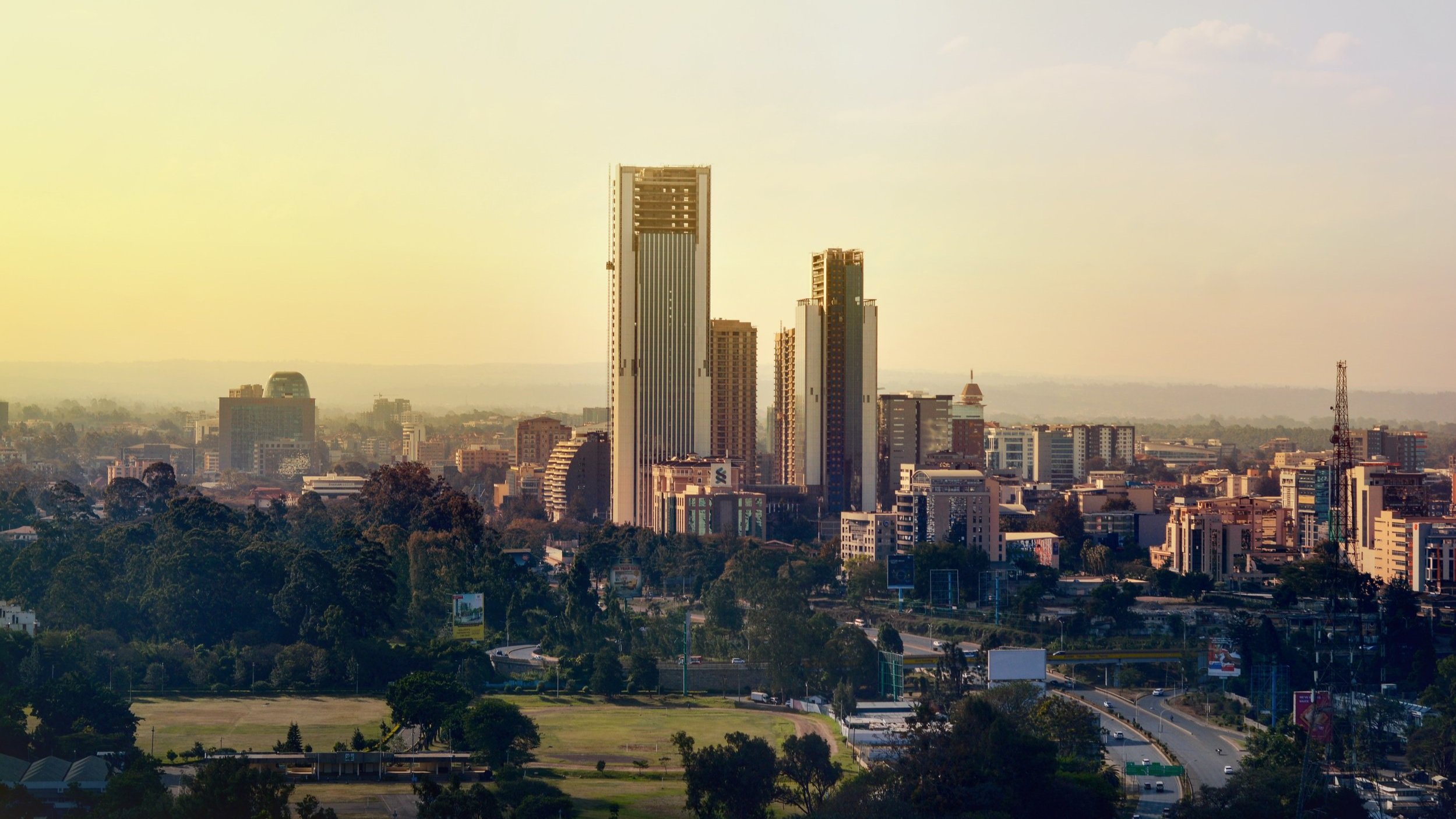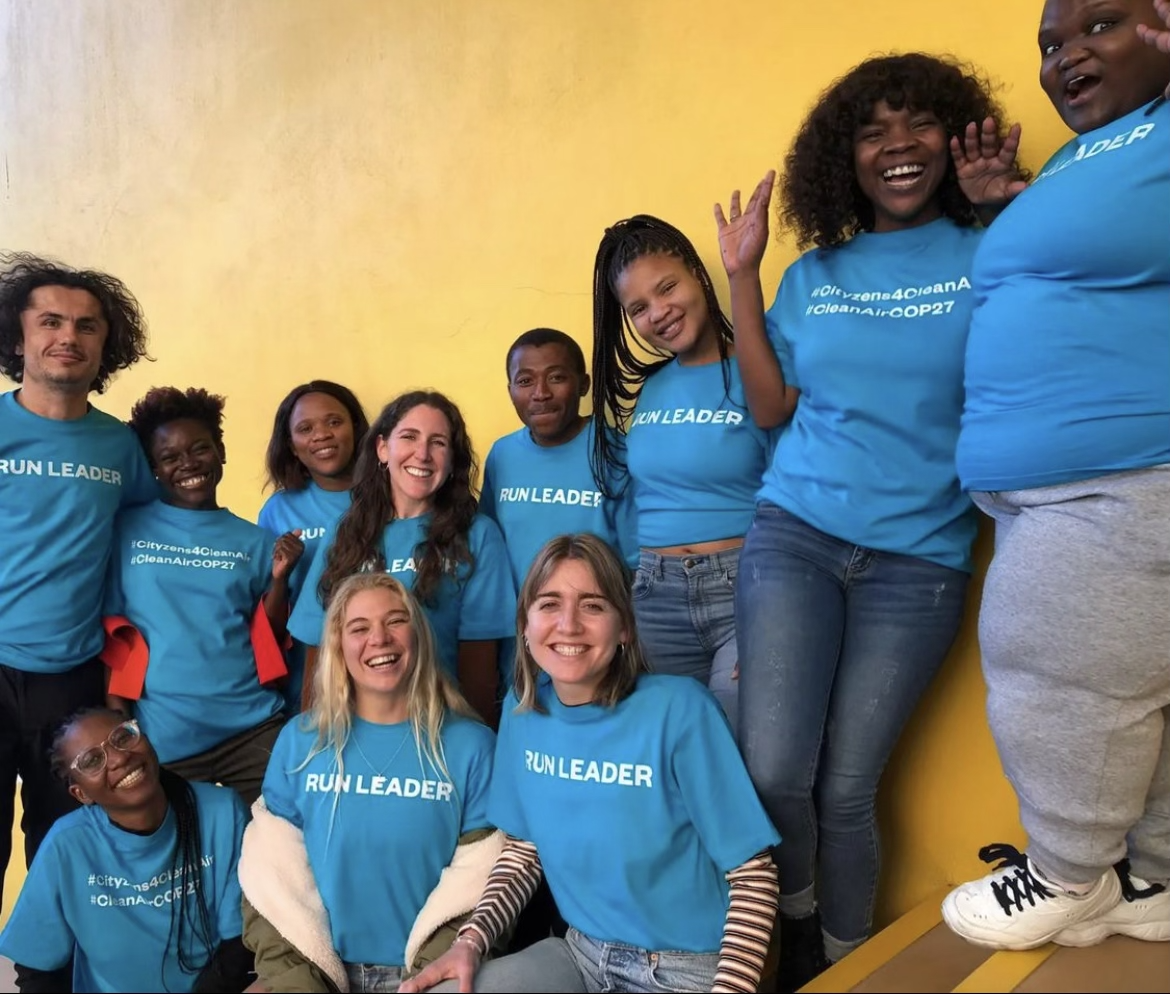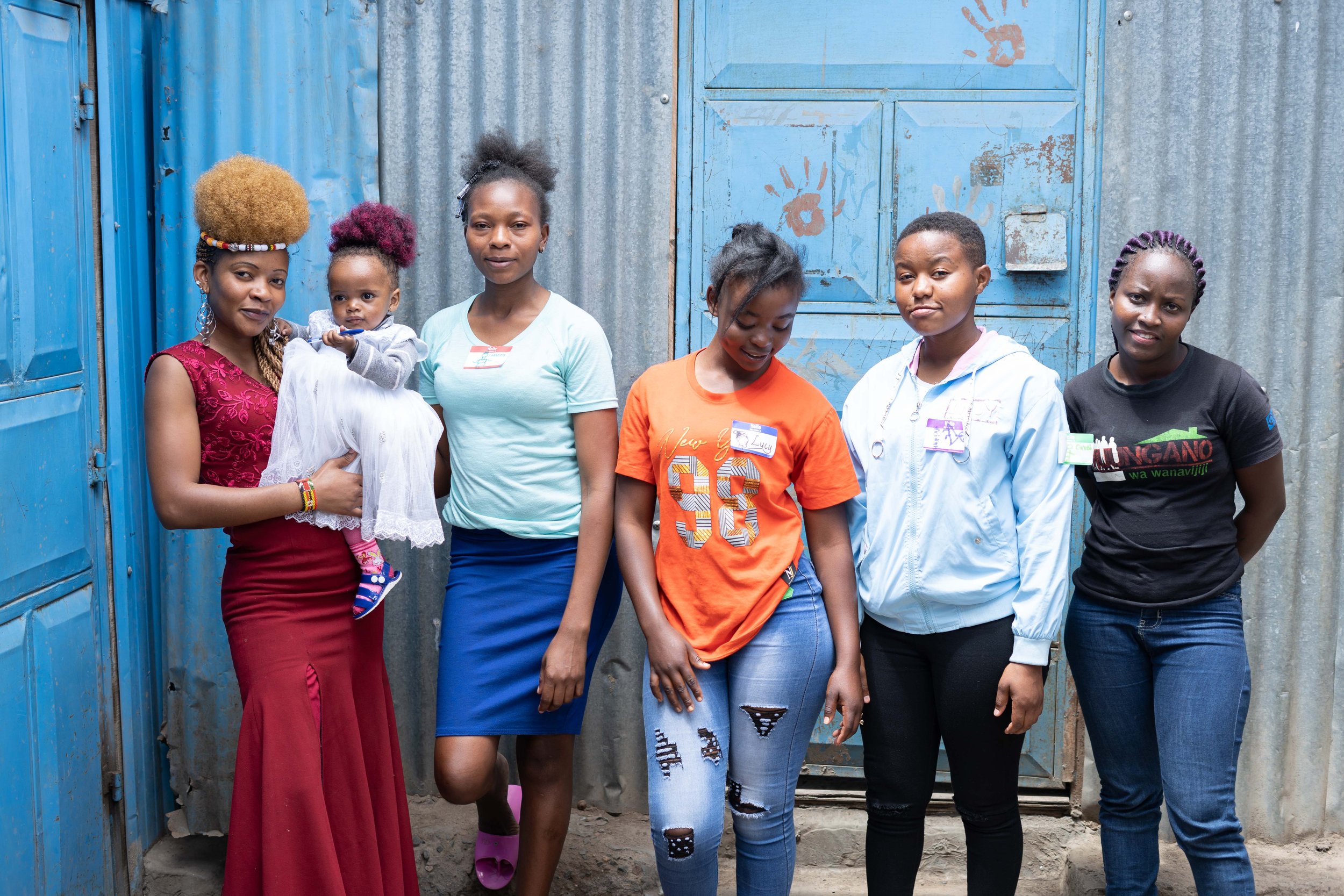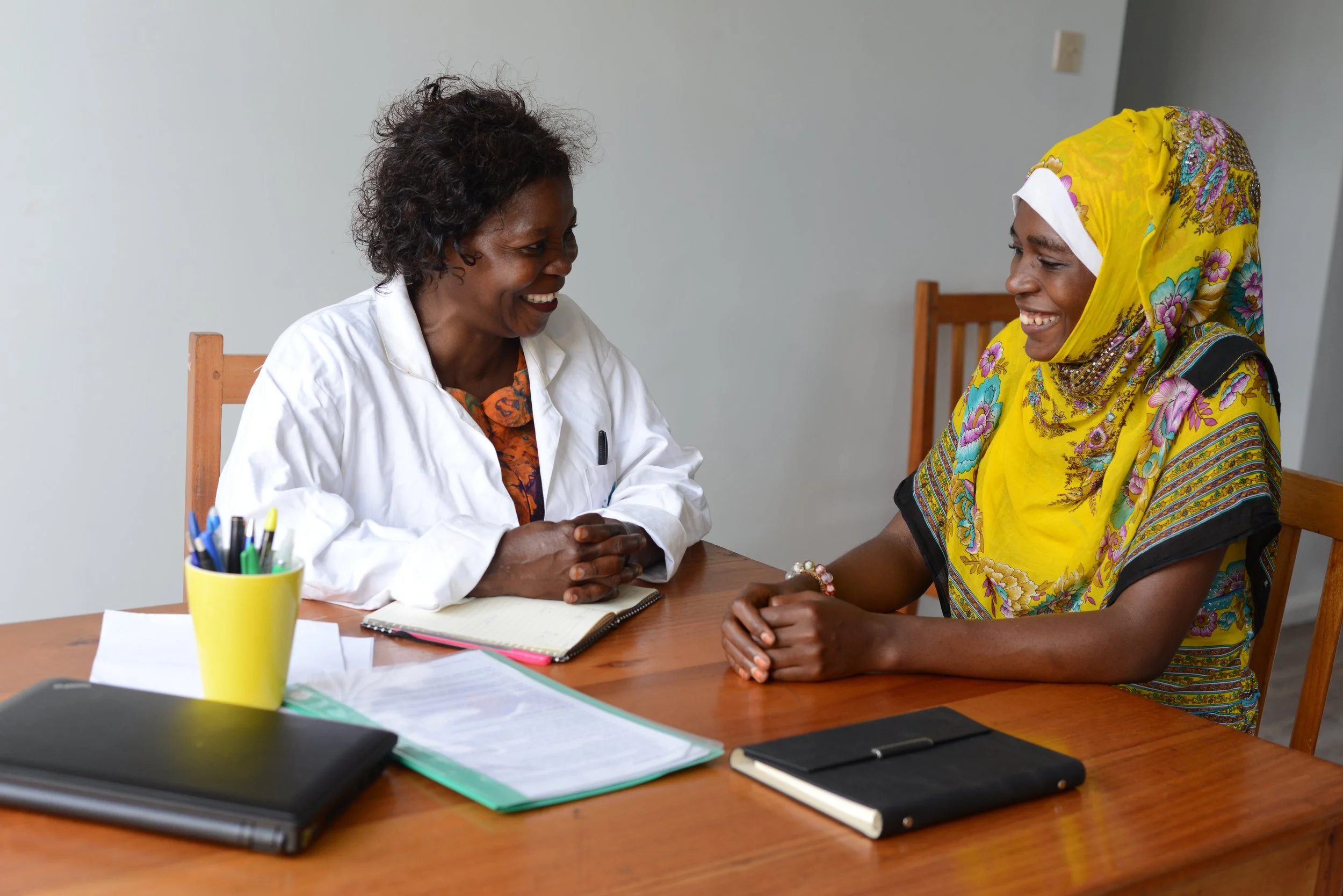Children, Cities, & Climate Action Lab
Photo by Amani Nation on Unsplash
Accelerating healthy decarbonisation in Global South cities with young people
Project:
Children, Cities, and Climate Action Lab
Location:
Global South
Partners:
London School of Hygiene & Tropical Medicine, UrbanBetter, C40
Funders:
FIA Foundation, Bernard Van Leer Foundation, Fondation Botnar
Category:
Climate Resilience
Challenge
Climate Change: The world is currently on track for catastrophic levels of warming that threaten to undermine the health of people everywhere, especially amongst the most vulnerable. We must build communities’ resilience to the climate impacts already underway and while simultaneously slowing down further emissions.
Cities: Over half the world’s population lives in cities and the urbanization trend is not slowing down, particularly in Africa. The energy requirements of cities are a major driver of the climate crisis, producing an estimated 70% of global carbon emissions, and of a health crisis for urban residents. Air pollution, primarily from fossil fuel-dependent transport and industry, is linked to over 1 million deaths annually on the African continent alone. Air pollution is now the second leading cause of death in Africa, after HIV/AIDS.
Children and Young People: Many cities with severe climate change vulnerabilities also have the largest youth populations, who are among those worst affected by climate change and its drivers. Yet despite bearing the current and future brunt of the climate catastrophe, children and young people are often not equipped with the data, institutional support, and resources they need to advocate for their own futures, especially at the local level.
A participant from CCC Action Lab in Nairobi shares his vision for a future city
Innovation
In collaboration with UrbanBetter, London School of Hygiene & Tropical Medicine, and C40, the Children, Cities, and Climate Action Lab will focus first on catalyzing research and action on air pollution, which causes an estimated 6.7 million deaths annually globally and is trending upwards, with 90% of these deaths occurring in low and middle income countries. Evidence shows that measures to reduce air pollution result in human health benefits (and carbon emission reduction benefits) almost immediately after the measures are implemented, making it an attractive focus area for near-term wins to gain momentum with city and national stakeholders. The Lab will also focus on resilience measures for extreme heat, which is an increasingly deadly impact of climate change in cities, and has exacerbating interactions with air pollution.
The Action Lab builds on the foundational research LSHTM conducted in 2020-2021 funded by Fondation Botnar, which modeled the potential health co-benefits of urban decarbonisation in 16 cities across the world. It also builds upon the Cityzens for Clean Air initiative, funded by the Clean Air Fund, in which YLabs and UrbanBetter are training 30 young leaders in Accra, Lagos, and Cape Town to do data-driven, youth-led advocacy for clean air and climate action in their cities.
Run Leaders in Cape Town from the Cityzens for Clean Air campaign
Our Approach
Building the evidence base through cutting-edge modeling of the health co-benefits of decarbonization at the individual city-level, conducting massive real-time social media surveys of young people’s lived experience of air pollution and extreme heat, and communicating data-driven recommendations to stakeholders. High-resolution data about air pollution and heat impacts and health costs in Global South cities -- particularly African cities -- is extremely sparse. This large-scale modeling will be done for at least 20 cities, selected in partnership with C40, based on severity of air pollution, paucity of existing data, degree of climate vulnerability, and demonstrated commitment towards decarbonization by city leaders.
Co-developing local advocacy tactics with young people and parents of young children through participatory workshops in 3-4 selected cities, a subset from the 20. The Action Lab seeks to amplify existing bottom-up, youth-led momentum where it exists and catalyze with resources and institutional support where it is under-developed or disconnected currently.
Providing evidence-driven, targeted technical assistance to a cohort of focal 3-4 cities who have demonstrated commitment to taking concrete regulatory and policy actions towards decarbonization and healthier urban environments, and where technical assistance from the CCC Action Lab would address clear gaps in data and internal capacity.
Participants from the CCC Action Lab in Nairobi pose for a photo during the workshop
Action Lab in Kenya
YLabs kicked off the CCC Action Lab’s activities in Nairobi, Kenya in October 2022. We hosted a series of co-design workshops with young parents of babies and toddlers from middle and low-income areas around Nairobi to understand the challenges that residents face due to air pollution, heat, and climate change. Through a series of interactive activities, participants discussed the impacts of air pollution and heat in their daily lives, shared stories about the impacts on their children, and mapped out their visions for the future of Nairobi.
The data and stories from the parents we spoke with were presented to policymakers and policy influencers at the UN Climate Conference of Parties (COP27) in Egypt. The learnings from the Nairobi workshops also informed the participatory methods we are using in other cities with parents, children, and young people to make sure their voices, ideas, and experiences are at the center of action on air pollution and climate change.
Next Steps
YLabs is excited to work with LSHTM, UrbanBetter, and our funding partners to keep expanding the Action Lab! If you’re interested in partnering with us to bring the Action Lab to your city, please get in touch.







